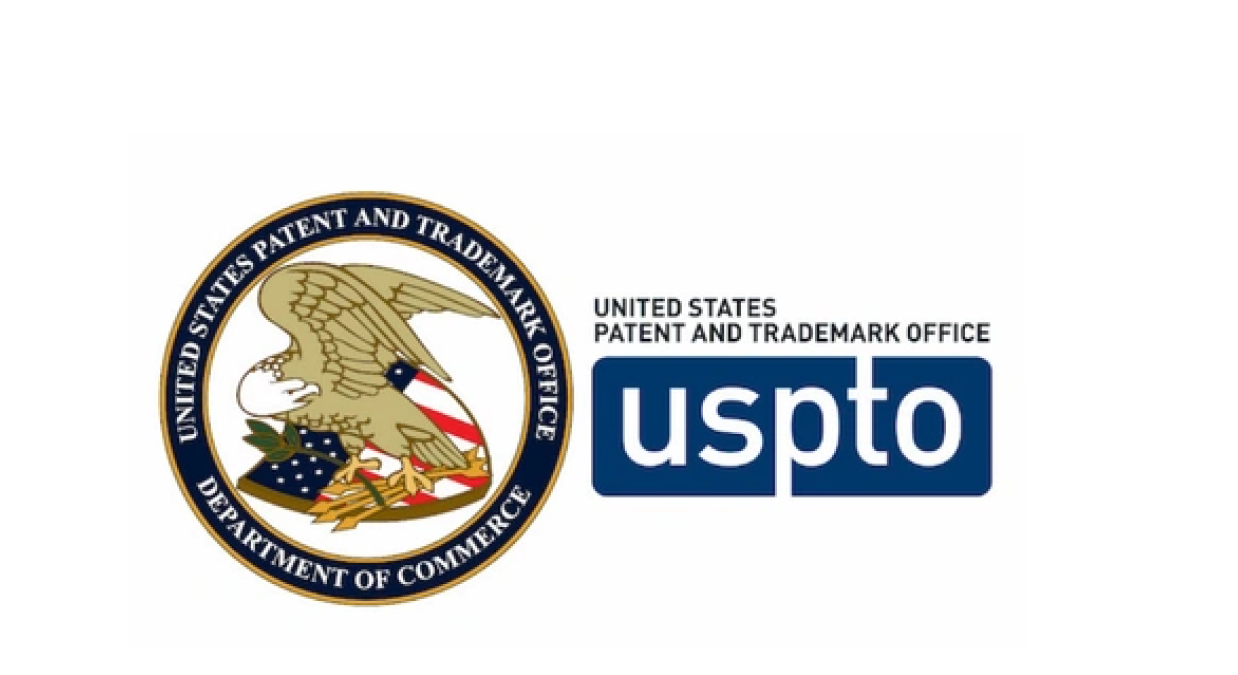Beyond Air Awarded U.S. Patent For gNO Treatment Of NTM Infections, Paving The Way For New Therapies
Beyond Air secures U.S. Patent for using gNO to treat NTM lung infections, offering a new treatment option for patients.
Breaking News
Apr 28, 2025
Simantini Singh Deo

Beyond Air, Inc., a commercial-stage medical device and biopharmaceutical company focused on harnessing the power of nitric oxide (NO) to improve the lives of patients, today announced that the United States Patent and Trademark Office (USPTO) has issued U.S. Patent No. 12,274,830. The issued patent gives the Company protection for its method of delivering gaseous nitric oxide (gNO) to a patient that has a condition associated with non-tuberculous mycobacteria (NTM) lung infection.
Steve Lisi, Chairman and Chief Executive Officer of Beyond Air, mentioned, “This latest patent further strengthens our growing intellectual property portfolio and reinforces the potential of our LungFit program. We recently announced the publication of positive clinical data in the American Thoracic Society Journal showing the potential LungFit GO has in safe and effective treatment of NTM lung infections with patients self-administering NO at home.”
The allowed claims in this patent encompass a novel dosing regimen of 200 ppm to 320 ppm gNO for 10 to 45 minutes, 2 to 5 times per day, to provide a nitric oxide-load (NO load) of 300 ppm-hrs to 900 ppm-hrs of gNO per day over a period of at least 14 days. The patent will expire on March 12, 2038.
NTM infection is a rare and serious bacterial infection in the lungs causing debilitating pulmonary disease associated with high morbidity and mortality. NTM infection is acquired by inhaling aerosolized bacteria from the environment, and can lead to NTM lung disease, a progressive and chronic condition. According to the Cystic Fibrosis Foundation, 13% of U.S. cystic fibrosis patients had a positive culture for a NTM species in 2017.
NTM is an emerging public health concern worldwide because of its multi-drug antibiotic resistance. Current treatment guidelines suggest a combination of multiple antibiotics dosed chronically for as long as two years. These complex, expensive and invasive regimens have a poor record in the treatment of Mycobacterium abscessus complex (MABSC) and refractory Mycobacterium avium complex (MAC) and may cause severe adverse events.
